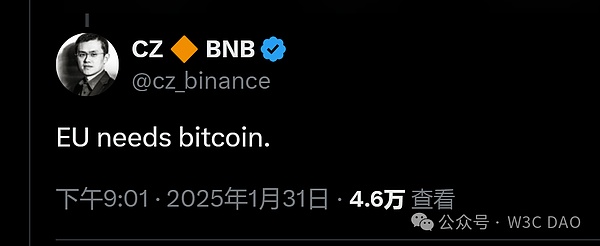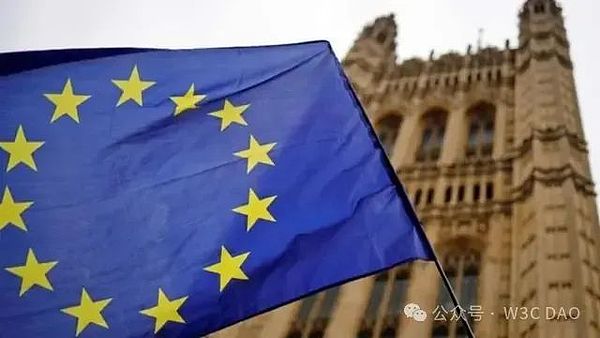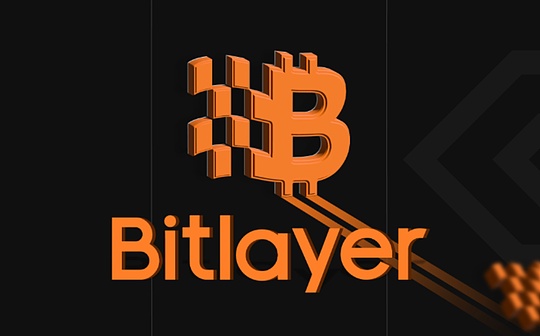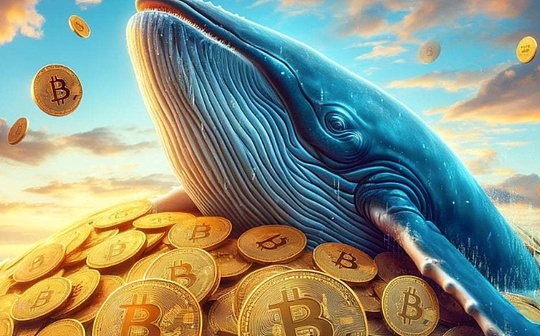
EU and Crypto
CZ said on social media that the EU needs Bitcoin.

Previously, according to Bloomberg (BBG), European Central Bank President Lagarde said he was confident that Bitcoin would not enter the official EU reserves.
In addition, according to Cointelegraph, Tether expressed concerns about the delisting of the exchange USDT caused by EU MiCA regulations.Crypto.com confirmed that it will remove USDT and nine other tokens from European platforms starting January 31, after Coinbase removed USDT on December 2024 on compliance.
Tether criticized the move for being hasty and lack of clear evidence, and warned that a sudden delisting could increase market instability and affect European crypto users.
MiCA requires non-compliant stablecoins to be fully restricted by the end of the first quarter of 2025.In addition, Tether announced that it would relocate its headquarters to El Salvador to support the country’s Bitcoin policy and decentralized finance development.
In detail MiCA, the European Securities and Markets Authority (ESMA) previously issued a statement on asset reference tokens (ARTs) or stablecoins.

In the statement, ESMA highlighted the role played by regulators of EU member states (i.e., national authorities, NCAs) in guiding CASPs to make their services in line with the latest European Commission guidelines.The guidelines clearly state that MiCA prohibits issuers from providing unauthorized stablecoins that are not in compliance with MiCA regulations.
The guidelines state that “persons other than issuers may also provide or seek trading listings for electronic currency tokens (EMTs) or asset-linked tokens (ARTs) to the public”, adding that such issuances are subject to certain conditions..One condition is that the issuer should be authorized in the EU, and the other condition is that the relevant person must obtain written consent from the issuer.According to ESMA, NCAs should ensure that CASP is compliant for non-compliant stablecoins “as soon as possible” and at the latest by the end of the first quarter of 2025.
Exception: Czech Republic
According to Bloomberg, the Czech National Bank (CNB) will vote on a $7 billion Bitcoin reserve proposal recently.
CNB President Aleš Michl plans to propose investing up to 5% of his reserves in Bitcoin, noting that market interest in Bitcoin has continued to grow since the launch of BTC spot ETFs by institutions such as BlackRock.However, he also acknowledged the high volatility of BTC and said that further evaluation of its potential role in central bank reserves is still needed.
If the proposal is approved, CNB may hold at least $7 billion in Bitcoin, a portion of its total reserves of $146 billion.The proposal has received some support in the local Czech industry, said Lucien Bourdon, an analyst at Trezor, that the Czech Republic has long been the forefront of Bitcoin innovation, including the world’s first mining pool, hardware wallets and large Bitcoin conferences.

Standard Chartered analyst Geoff Kendrick said that at current prices, the Czech central bank can hold up to 69,000 bitcoins.The country known to hold the most Bitcoins is El Salvador, which holds 6,049.

Geoff Kendrick further pointed out that the SNB also appears to be moving towards embracing Bitcoin, with activists in Switzerland collecting signatures to demand a vote on the issue, but it may take some time in Switzerland, but the move is significant becauseSwitzerland’s foreign exchange reserves are six times that of the Czech Republic.
Looking to the future
Looking ahead, EU policies and actions in the cryptocurrency sector will continue to attract global attention.As MiCA regulations are gradually implemented, the stablecoin market will face new challenges and opportunities.
Although Tether expressed concerns about the new regulations, this policy could prompt more projects to pursue compliance, resulting in a more stable and healthy market environment.Stablecoin compliance will become a key issue in the entire crypto ecosystem and may affect regulatory strategies in other regions around the world.
On the other hand, the interest of the Czech National Bank and the Swiss National Bank in Bitcoin shows that Bitcoin is gradually being seen as a new store of value tool.
As more countries and institutions explore the inclusion of Bitcoin in reserve assets, cryptocurrencies’ position in the global financial system may further improve.While Bitcoin’s high volatility is still a risk to pay attention to, its potential high returns are also attracting more and more investors.








